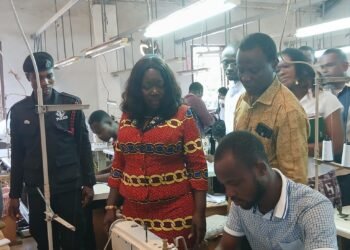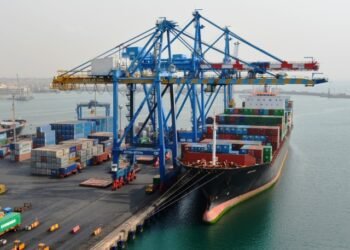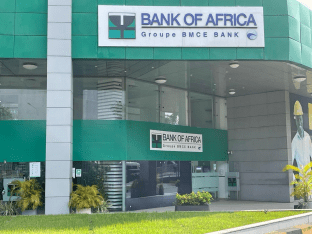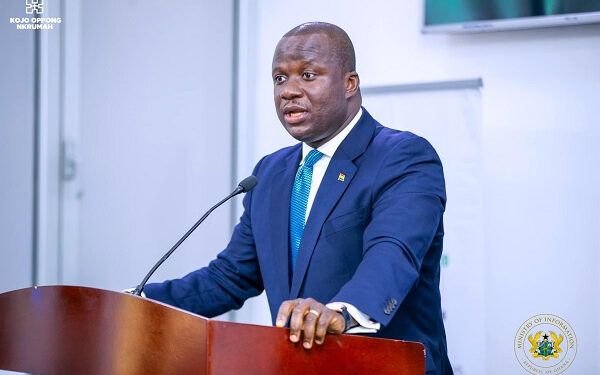Ghana has declared its intentions to strengthen commercial ties with Kenya by establishing an Export Trade House (ETH) in Kenya as part of the measures to promote trade relations between the two countries in order to take advantage of the African Continental Free Trade (AfCFTA).
Meanwhile, as part of the process, Ghana will organize a three-day business expedition to highlight the goods it plans to import into Kenya.
Ghana’s High Commissioner to Kenya, Damptey Bediako, explained saying “The overarching purpose of this Trade House is to serve as a one-stop wholesale outlet in the Eastern bloc of the continent for all Made in Ghana Products”.
“Through the Ghana Export Trade House the West African state is seeking to increase the availability of Ghanaian products strategically into the Kenyan market and consequently promote items Made in Ghana to the Eastern and Southern parts of Africa”
Damptey Bediako
Trade barriers between the nations of East and West Africa have historically been low because of regulatory restrictions. Nonetheless, many African nations are now trading more independently thanks to the AfCTA, the largest free trade area in the world. The first two nations to sign their AfCFTA ratification agreements on the same day were Kenya and Ghana.
Two months after being chosen as one of seven nations to serve as the pilot for the continental free trade area that aims to open up commerce in products and services in Africa, Kenya transported its first shipment of locally produced batteries to Ghana in September of last year.
In 2021, Kenya exported US$10.3 million (Sh1.4 billion) to Ghana, according to the United Nations COMTRADE database of international trade. Over the same time frame, Ghana’s top exports to Kenya were cocoa powder, rubber, and other live plants, cuttings, and slips, as well as mushroom spawn.
When the Export Trade House Will Be Finished
The Ghana Export Trade House will be finished in May 2023 when the final touches have been made. Ghana’s Ministry of Trade & Industry, The Association of Ghana Industries (AGI), the National AfCFTA Coordination Office (NCO), and the Ghana Export Promotion Authority are all working together to make sure the two countries derive the maximum benefits of AfCFTA.
According to the High Commissioner to Kenya, all Ghanaian goods entering Kenya would go through the Trade House, which is located in Sameer Business Park.
Meanwhile, the gap between local demand and local production provides immense potential for investment — especially given the transformed business and regulatory environment. The potential for profit-driven investment alone is huge, but any successful investment will likely have a positive societal impact, too.
Regulatory challenges that have long hindered the growth of the industry in Africa are already being mitigated by the AfCFTA.
The AfCFTA will help overcome the challenge of small fragmented markets in order to create a positive cycle of increased regional manufacturing, research, and local talent. Small, isolated markets made it. Today, a continental market can sustain greater economies of scale, which will help businesses achieve higher production volumes that will save them money. Regional markets will allow for specialisation, which ultimately will enable regional procurement markets that are beneficial for investors.
The AfCFTA will also open a wider range of opportunities in the types of activities that can be executed and sourced on the continent. These go beyond packaged normal goods to include building quality healthcare infrastructure and increasing capacity for vaccine manufacturing. For example, since the onset of the pandemic, the Africa Investment Forum has facilitated investments including five transactions valued at $484 million total for projects ranging from the creation of a multinational health fund to a mobile telemedicine product.
READ ALSO: ReDIAL Launches Soil Fertility Map in Yendi























